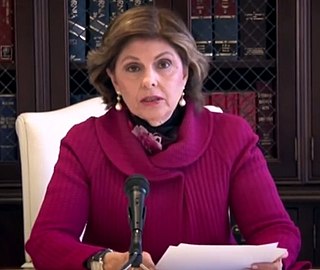A Quote by James Madison
Democracies have been found incompatible with personal security or the rights of property; and in general been as short in their lives as they have been violent in their death.
Related Quotes
Hence it is that such democracies have ever been spectacles of turbulence and contention; have ever been found incompatible with personal security or the rights of property; and have in general been as short in their lives as they have been violent in their deaths. Theoretic politicians, who have patronized this species of government, have erroneously supposed that by reducing mankind to a perfect equality in their political rights, they would, at the same time, be perfectly equalized and assimilated in their possessions, their opinions, and their passions.
A pure Democracy, by which I mean a Society consisting of a small number of citizens, who assemble and administer the Government in person, can admit of no cure for the mischiefs of faction. A common passion or interest will, in almost every case, be felt by a majority of the whole; a communication and concert result from the form of Government itself; and there is nothing to check the inducements to sacrifice the weaker party, or an obnoxious individual. Hence it is, that such Democracies have ever been spectacles of turbulence and contention; have ever been found incompatible with personal security, or the rights of property; and have in general been as short in their lives, as they have been violent in their deaths.
It has been the fashion to speak of the conflict between human rights and property rights, and from this it has come to be widely believed that the use of private property is tainted with evil and should not be espoused by rational and civilized men... the only dependable foundation of personal liberty is the personal economic security of private property. The Good Society.
And with respect to the mode in which these general principles affect the secure possession of property, so far am I from invalidating such security, that the whole gist of these papers will be found ultimately to aim at an extension in its range; and whereas it has long been known and declared that the poor have no right to the property of the rich, I wish it also to be known and declared that the rich have no right to the property of the poor.
The general public, formerly profoundly indifferent to everything to do with building, has been shaken out of its torpor; personal interest in architecture as something that concerns every one of us in our daily lives has been very widely aroused; and the broad line of its future development are already clearly discernible.
Equality, in a social sense, may be divided into that of condition, and that of rights. Equality of condition is incompatible with civilization, and is found only to exist in those communities that are but slightly removed from the savage state. In practice, it can only mean a common misery.
Equality of rights is a peculiar feature of democracies. These rights are properly divided into civil and political, though even these definitions are not to be taken as absolute, or as literally exact.
The state should never have instituted and enforced legal property rights in persons, and should not have been in the business of returning runaway slaves to their "rightful owners." The whole institution of property in human beings was an unjust social institution and should not have been maintained in existence. It is this sort of thought that I'm appealing to at the supranational level.
We hold that the ownership of private property is the right and privilege of every American citizen and is one of the foundation stones upon which this nation and its free enterprise system has been built and has prospered. We feel that private property rights and human rights are inseparable and indivisible. Only in those nations that guarantee the right of ownership of private property as basic and sacred under their law is there any recognition of human rights.
I think a decent society should protect rights to private property within limits, but not concentrations of private power that infringe on the freedom and rights of others, including exploitation of labor, and that convert any democratic forms into what have been called sometimes "hierarchical democracies," like ours, in which some have vastly greater influence over public policy than others. Spelling all of this out is a complex matter that raises many issue and problems that are impossible to address here.
































